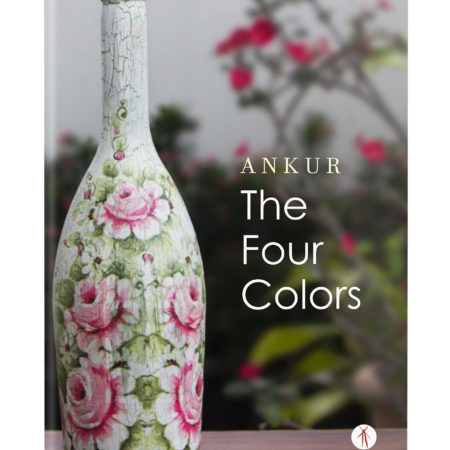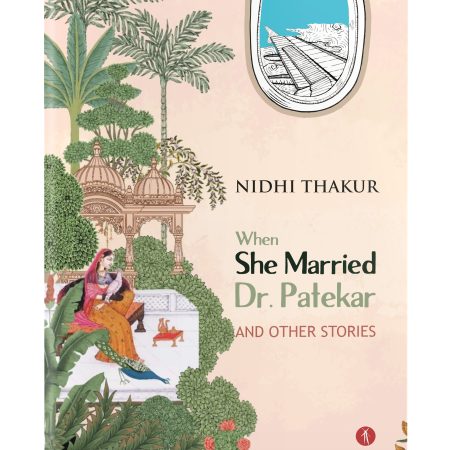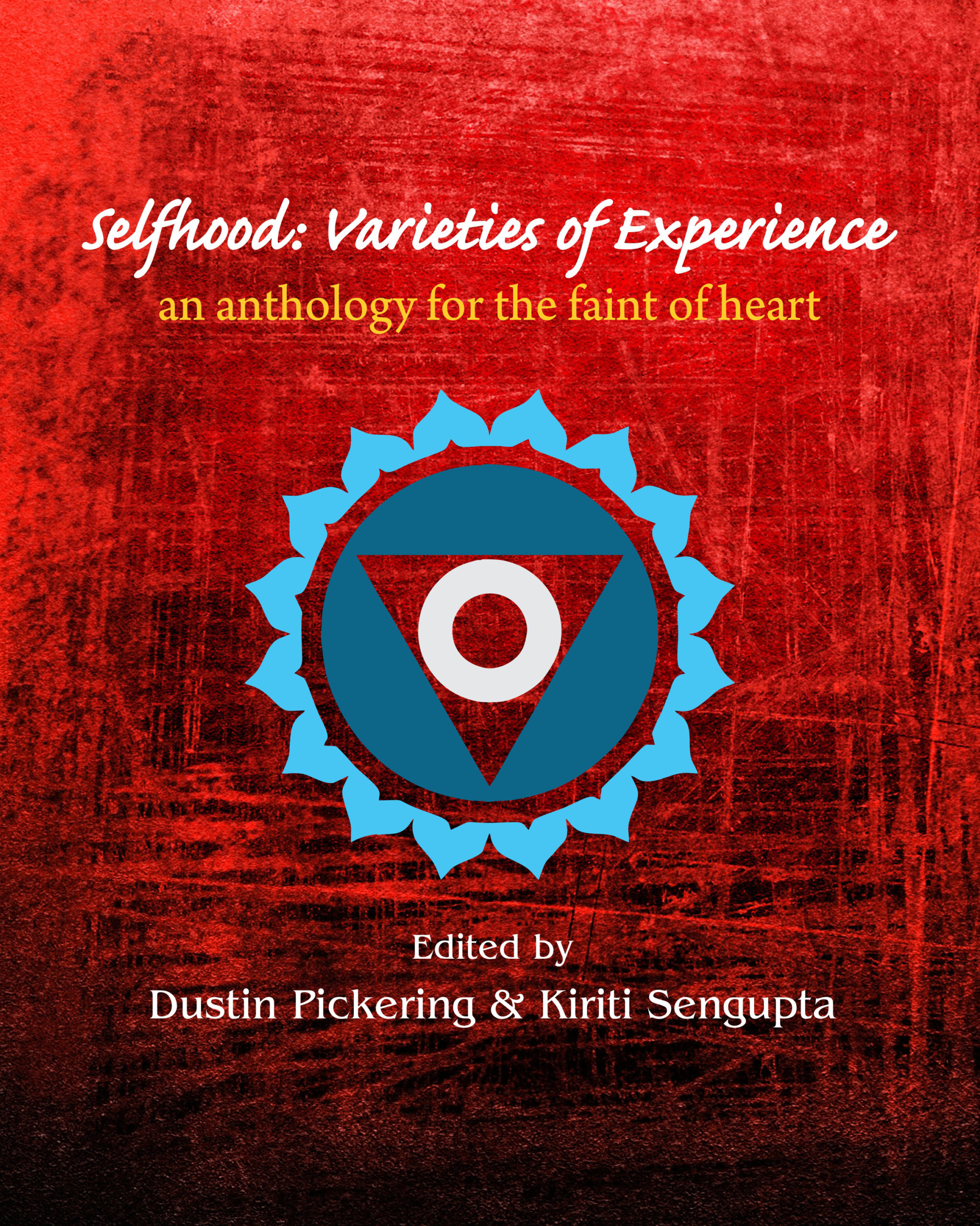- You cannot add "Redemptive Musings" to the cart because the product is out of stock.
Description
“I want to come across as sincere,” claimed Linda Ashok a few years ago in her interview with The Hindu. Whorelight, Ashok’s second collection of poetry published in 2017, marks her indomitable spirit in Indian English-language poetry. As you leaf through the pages, you can expect to enter a shadow-land that encompasses a burst of emotions, images, memories, sensual feelings, and sporadic wisdom—all that is at once volatile and vulnerable, and simultaneously, resolute and introspective. Whorelight holds a mirror that has cracked in the middle. The central crack has opened up further branches that goes crisscrossing throughout the mirror, and spreads its roots deep down our soul to reach the stream of light that the anguished hearts long for.
The collection implores self-abundance and self-destruction but only as a sacrificial endeavor to redeem ourselves. It probes the dark to transcend its edges and go beyond. The poet knows that the light is nowhere else but is submerged deep inside us. Ashok’s poems offer no solace, neither does she ask for once. Beauty of her verses lies in their illuminating images and expressions that are layered, open to multiple interpretations, and set the stage for a struggle to fight the darkness within. The evocative sensuality of Ashok’s images keeps us enchanted and again lures us to travel beyond their moments of happening.
Additional information
| Weight | 0.45 kg |
|---|---|
| Dimensions | 8 × 5 × 0.3 in |
| Author | |
| Edition | |
| Binding | |
| ISBN | |
| Language | |
| Page Count | |
| Publisher | Hawakal Publishers |
| Release Date | 20 August 2017 |
Press Reviews
Ashok’s poetry is sensory, sensual, and intimate. Femininity, womanhood, and motherhood are cast against a backdrop of loss while relationships and sex have a vivacity even amidst solemnity. — Pirene’s Fountain (10th anniversary issue, Glass Lyre Press, USA)
Whorelight becomes synonymous with that soft light of compassion, concern, and love that spreads over humanity in an even fashion. These poems come from a mind that reacts to sensations like chlorophyll in a leaf. The sensations can range from having sex with a vague lover, a memory, or guilt. — World Literature Today
Ashok’s poems work best when the depiction of violence is etched in minimal language, disembodied, like a hand across the shoulder, as if with the deft touch of a painter’s single brush-stroke. This near absence of the somatic in violence haunts the poems as a trace, as “that little grief,” capable of breaking the ribs of a woman, who “cried for her three year old who she had to leave in the custody of her husband over a triple talaq.” — Cafe Dissensus






Anonymous –